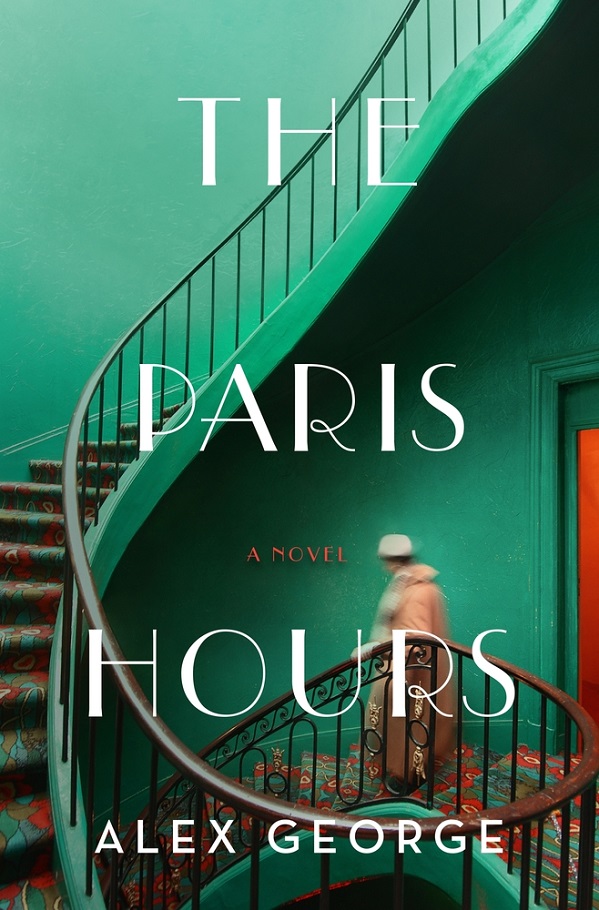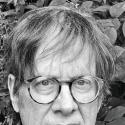A century on, the années folles of Paris between the wars do not cease to excite readers and writers of all varieties. Alex George’s latest novel, The Paris Hours, draws on the myriad charms the interwar period has to offer, condensing them into a single day in 1927. We follow his four protagonists on their separate ways through the crisscrossing city streets until they come together in the most dramatic of dénouements. If these four leads are fictional, though, the author reminds us that this is still the Paris of Hemingway, Proust, Ravel, Stein and so many others by littering his narrative with celebrity appearances.
The Paris Hours certainly spreads its web of literary (and filmic) heritage far. There is much of Woody Allen’s Midnight in Paris in here, but of equal importance is that Pulitzer Prize-winning work of Michael Cunningham which partially shares its title with George’s book, and of course the very novel around which Cunningham’s centres: Mrs Dalloway. But if the Woolf-cum-Woody premise of The Paris Hours is seductive, its strengths lie elsewhere. George’s Paris is stuck firmly to the ground, even if it cannot help itself from occasionally looking at the stars. The four protagonists present a refreshing diversity to the reader. Even if they are unglamorous, hardworking and often liminal figures, the author is adept at instilling each with romance and mystery, continually urging us to read on. Just enough happens in every chapter to make the wait for the next instalment in each character’s story worth it, while the book alternates between its four narratives.
As for the city they inhabit, it is the most reader-friendly of Parises. Punctuated by cameo appearances from the great and the good, this is a fertile, febrile city where you come across a familiar face on every corner and where all roads lead to one. There is no danger of not finding what you seek, even on a single day. The passing of hours, the movement between streets – all is pregnant with opportunity.
Bu t it is precisely at this crescendo of coincidence that the novel stutters somewhat. The series of chance meetings, significant discoveries and major life events reveals the fabric of the plot a little too often. Too many times, The Paris Hours gives the reader exactly what they want. This is a strange criticism perhaps, but the proceedings tend to lose some of their force when the story is always teetering on the edge of plausibility.
t it is precisely at this crescendo of coincidence that the novel stutters somewhat. The series of chance meetings, significant discoveries and major life events reveals the fabric of the plot a little too often. Too many times, The Paris Hours gives the reader exactly what they want. This is a strange criticism perhaps, but the proceedings tend to lose some of their force when the story is always teetering on the edge of plausibility.
There is much emotion and intrigue on offer, improbable or not. However, the delightful points of lively description and occasional light humour are interspersed with overlong periods of solemnity. The sombre nobility that the narrator insistently places on suffering, toil and honest activity drags somewhat, and several of the most significant moments become mired in a heavily adjectival style that borders on cliché. It is thanks to the abundance of cliffhangers and mystery that anticipation does continue to build in spite of the novel’s more hackneyed descriptions.
The drama of the final moments wraps up our four protagonists’ stories neatly enough, offering a satisfactory conclusion to a novel made inevitably episodic by the choice to insert four distinct narratives. It is testament to the author that he manages to reduce the imposing size of the city without dispelling its Parisian grandeur, but in doing so he loosens the reality of a plot that relies so much on coincidence. Many great novels allow their readers to forget their disbelief. Ultimately though, The Paris Hours can only flatter to deceive.
- The Paris Hours by Alex George (Flatiron Books, $26.99)
- Read more book reviews on theartsdesk















Add comment